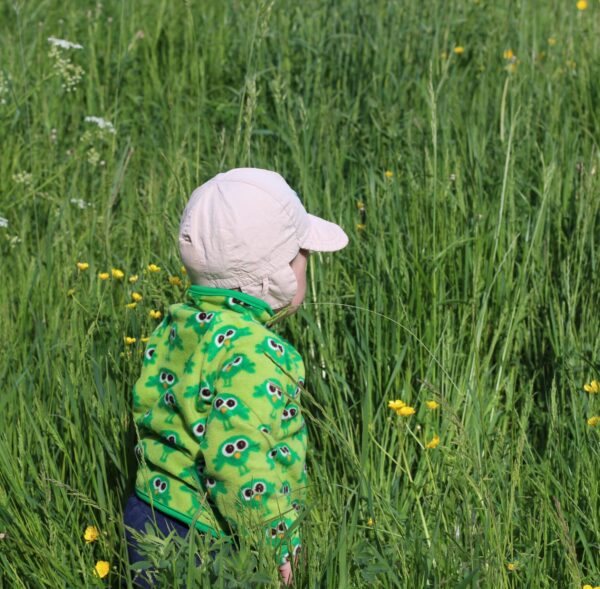Free research-based resources for children of parents with complex PTSD

This article contains content some readers may find these topics confronting or distressing. Please consider your own wellbeing before reading. Support service information is provided at the end of the article.
For children whose parents have complex-PTSD, family life can be confusing and stressful at times.
The University of New England (UNE), Central Queensland University and Kings College London have teamed up to develop free, psychosocial resources to support children whose parents live with complex post-traumatic stress disorder (C-PTSD).
The team is led by UNE and Manna Institute researcher, Dr Marg Rogers.
The project builds on the award-winning work of creating research-based programs and resources for children from Defence, veteran, and first responder families (i.e., service families). Their resources have been evaluated by parents, educators, family and social workers, and Defence School Mentors. They are widely used across Australia, and are also being adapted for use in Canada and the UK.
The new resources include a bibliotherapy storybook based on real-life narratives from people who grew up with parents living with C-PTSD (designed for one-to-one reading and therapy). Those with lived experience co-created the resources, meaning they are more likely to be relevant, impactful and useful. There are also online modules to improve the knowledge, skills, and confidence of parents, support workers, and clinicians.
While the project focuses on service families, C-PTSD affects many families, including those impacted by childhood abuse, domestic violence, neglect, attachment trauma, human trafficking, war, imprisonment, and cultural displacement.
The team have already created 14 free, research-based children’s books, each with downloadable educational activities, including puzzles, puppets, board and card games, numeracy tasks, storytelling and sequencing exercises, and sight words. Interactive storybooks are also freely accessible online. The accompanying three suites of resources support parents, educators, and support workers and clinicians to better assist these children.
The need for these psychosocial resources is great in service families, who experience frequent relocations, parents working away for long periods of time, and higher risks of parents being injured (physical, mental and moral). The Royal Commission into Defence and Veteran Suicide found that:
‘The risk of intergenerational trauma runs high when children’s needs are not seen and the required services are not put in place to support the child’s psychosocial development’.
Community members are invited to test the usability of the draft C-PTSD resources through a short online survey. Feedback will help shape the final design before release. The draft storybook and survey are available here.
“We thank the many service providers, organisations and volunteers who have co-created these resources,” Dr Rogers said.
This includes the expertise of military family researchers, Dr Amy Johnson (CQU; Manna Institute) and Dr Philip Siebler (UNE Adjunct), and psychological researcher, Professor Einar Thorsteinsson (UNE; Manna Institute). Other team members include a support worker from NSW Police Legacy, Tegan Kanard, and an educational consultant with lived experience of being in a military family, Emily Small (UNE Alumni). Many other Australian and international service providers, researchers and those with lived experience provide expertise to support the team’s research translation work.
For more information and to browse existing free resources, visit here or our storybook platform.
If this article has raised concerns or distress, support is available:
- Lifeline – 13 11 14
- Kids Helpline – 1800 55 1800
- Beyond Blue – 1300 22 4636
- 13YARN – 13 92 76 (24/7 support for First Nations peoples)
- Bravehearts – 1800 272 831
- QFCC Complaints and Feedback – www.qfcc.qld.gov.au
Popular

Research
Practice
Provider
Quality
AERO invites ECEC providers to join leading national partnership in 2026
2025-10-17 08:30:45
by Fiona Alston

Quality
Provider
Research
Workforce
New Guardian Childcare’s To BE Me program connects families, educators and children through personalised learning
2025-10-17 08:00:31
by Fiona Alston

Research
Grounding practice in evidence: What AERO’s “Teaching how students learn” offers the ECEC sector
2025-10-21 07:30:24
by Fiona Alston
















